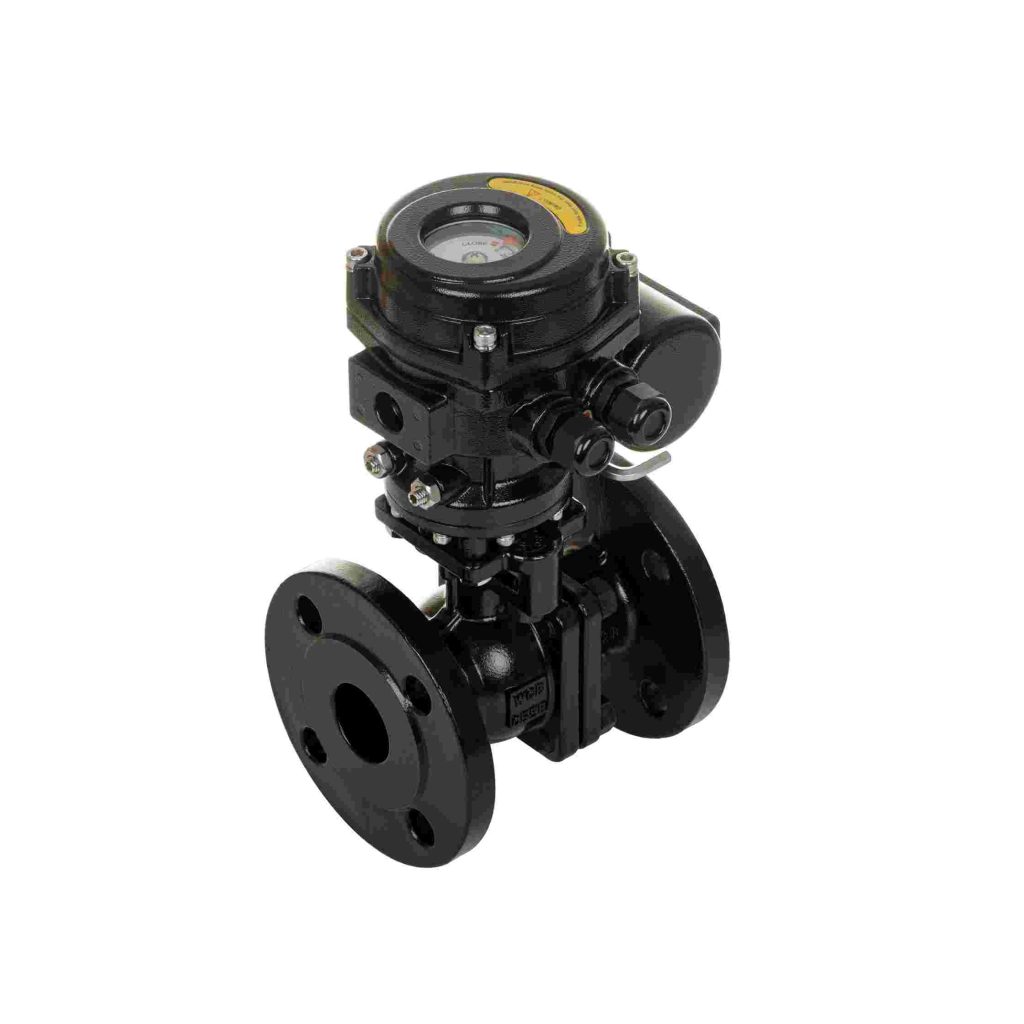In the realm of modern industrial applications, the Lithium Battery Electric Flange Ball Valve has emerged as a critical component in the management of fluid control systems. This innovative valve combines the efficiency of electric actuation with the reliability of a ball valve, powered by advanced lithium battery technology. This article delves into the advantages, applications, and future prospects of Lithium Battery Electric Flange Ball Valves, showcasing their significance in contemporary engineering solutions.

Understanding the Technology

At its core, a ball valve consists of a spherical closure element that controls the flow of fluid through it. The Lithium Battery Electric Flange Ball Valve enhances this traditional design by incorporating electric actuation, allowing for precise control and remote operation. The integration of lithium battery technology means these valves can operate without a direct connection to the electrical grid, making them ideal for various settings, especially in locations where power supply is inconsistent or non-existent. Key Advantages 1.Energy Efficiency One of the standout features of Lithium Battery Electric Flange Ball Valves is their energy efficiency. The use of lithium batteries allows for extended operation with minimal energy consumption. These batteries are known for their high energy density, which translates to longer operational life and reduced maintenance needs compared to traditional battery technologies.
